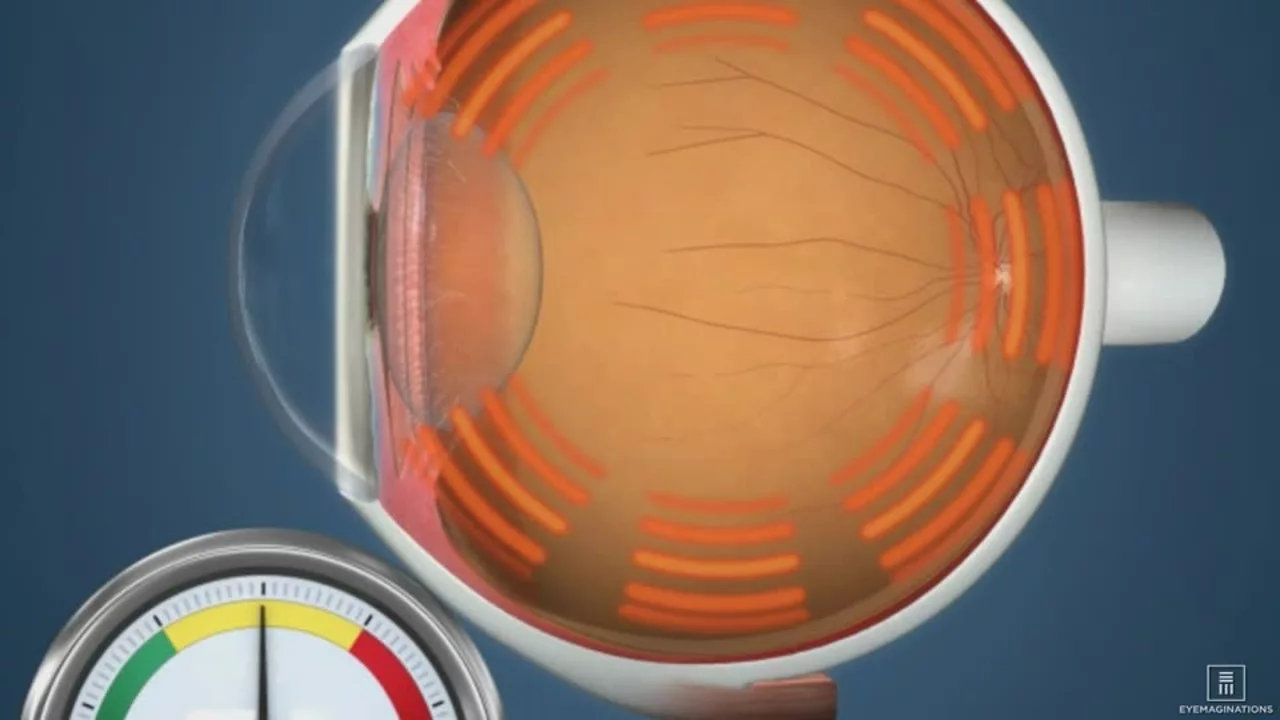Ocular Hypertension – What It Is and How to Manage It
Ever had a doctor say your eye pressure is high but you feel fine? That’s ocular hypertension. It means the fluid inside your eye pushes harder than normal, but there’s no damage yet. The good news? You can keep it from turning into glaucoma with a few easy habits and regular check‑ups.
Why Eye Pressure Matters
Think of your eye like a water balloon. Too much pressure stretches the walls and can scar the optic nerve, which carries visual info to your brain. When that nerve gets hurt, you lose vision permanently. Ocular hypertension is the warning sign – the pressure is up, but damage hasn’t started.
Risk factors are simple: family history of glaucoma, age over 40, thin corneas, and conditions like diabetes or high blood pressure. If any of those sound familiar, ask your eye doctor for a tonometry test. It’s quick, painless, and tells you the exact number in millimeters of mercury (mmHg).
Everyday Ways to Keep Your Eyes Safe
First off, get your eyes checked at least once a year. If you already have ocular hypertension, your doctor may ask for more frequent visits – sometimes every 3‑6 months. Early detection lets you start treatment before any damage occurs.
Medications are usually eye drops that help fluid drain or slow production. They’re easy to use; just follow the schedule your pharmacist gives you. If drops aren’t enough, laser therapy can improve drainage without surgery.
Lifestyle tweaks also matter. Exercise a little each day – even brisk walking helps lower overall blood pressure, which in turn eases eye pressure. Cut down on salty foods and caffeine, both of which can spike fluid levels.
Don’t smoke. Smoking narrows blood vessels, raising pressure inside the eye. If you need help quitting, talk to your doctor about patches or counseling – it’s worth it for your vision.
Protect your eyes from injury. Wear safety glasses when doing yard work or playing sports. A sudden blow can cause a rapid rise in pressure and even damage the optic nerve instantly.
If you wear contact lenses, keep them clean and replace them as instructed. Dirty lenses can irritate the eye surface, leading to inflammation that may affect pressure.
Lastly, manage stress. Stress hormones can raise blood pressure, which indirectly raises eye pressure. Simple breathing exercises or short meditation breaks can keep both your mind and eyes calmer.
Remember, ocular hypertension isn’t a disease you have to live with forever. With regular monitoring, proper meds, and a few daily habits, most people keep their vision clear for life. Got questions? Call your eye clinic and ask about an eye‑pressure check today.

The Impact of Screen Time on Ocular Hypertension and Eye Health
In recent years, I've noticed a growing concern about the impact of screen time on our eye health, particularly regarding ocular hypertension. Studies have shown that prolonged exposure to screens can lead to symptoms like eye strain, dryness, and even an increase in intraocular pressure. This can potentially contribute to the development of glaucoma, a leading cause of vision loss. To counter these effects, I recommend following the 20-20-20 rule: take a break every 20 minutes to look at something 20 feet away for 20 seconds. Additionally, regular eye exams are essential to monitor eye health and detect any potential issues early on.
Read More